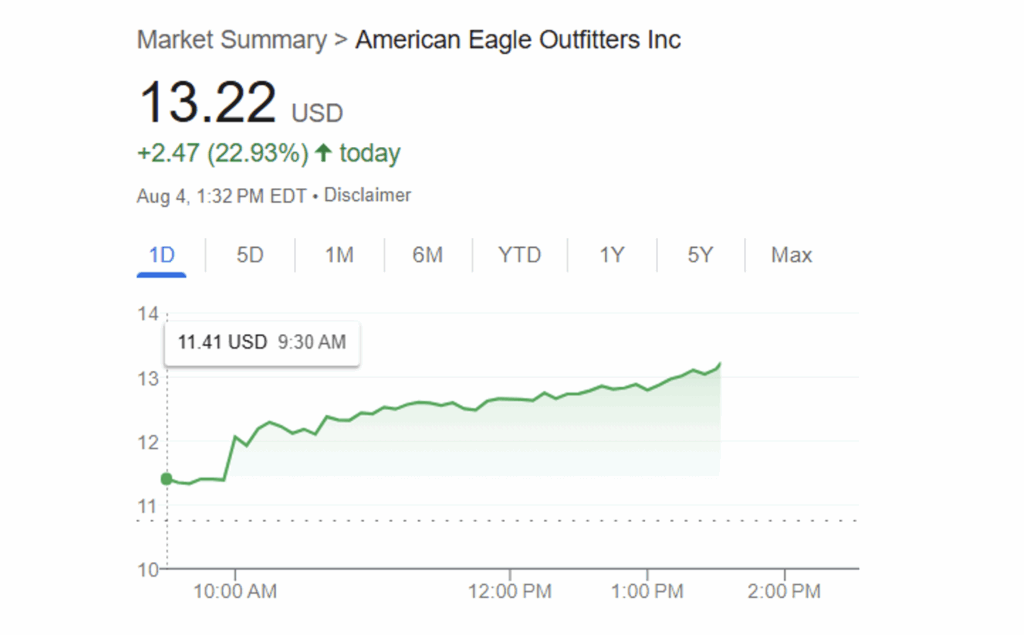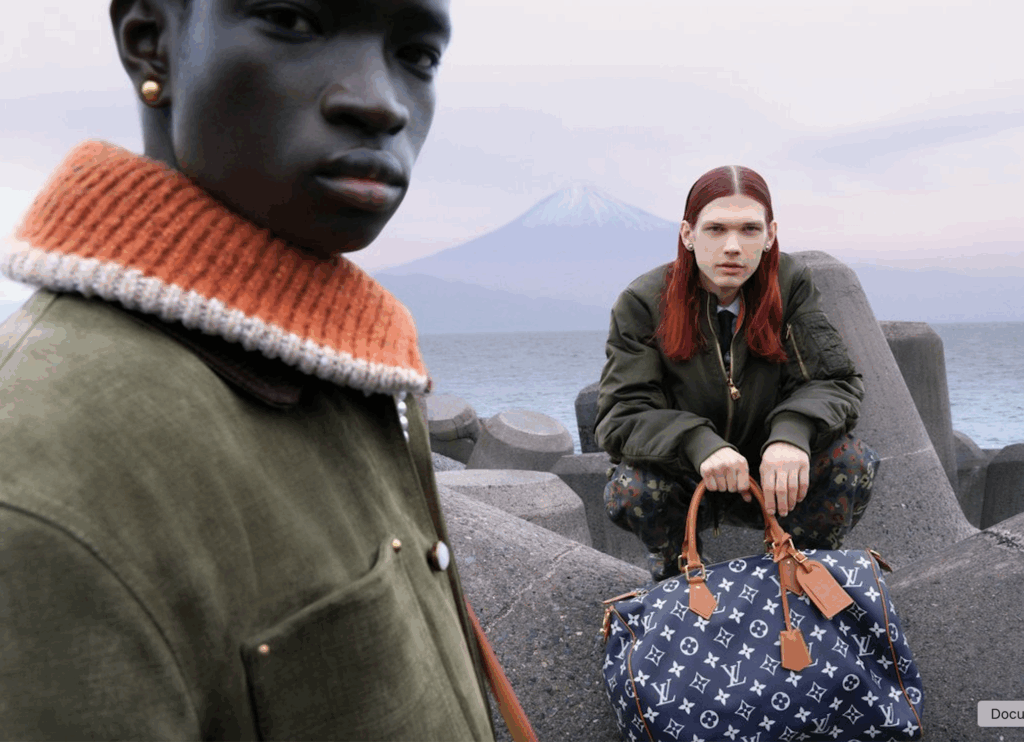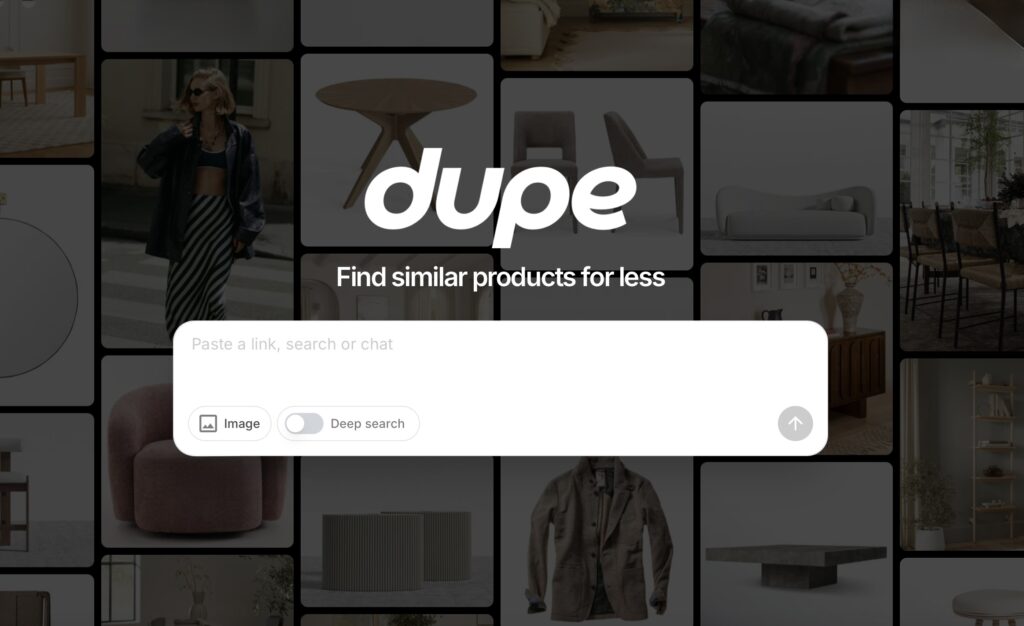American Eagle Outfitters Inc. shares surged 24 percent on Monday – the stock’s biggest single-day gain since August 2000 – after President Donald Trump publicly praised the company’s new ad campaign featuring actress Sydney Sweeney. The rally marked a sharp reversal for the struggling retailer, whose NYSE-traded shares had been sliding amid weak sales, merchandising missteps, and broader macroeconomic pressures.
In a post on Truth Social, Trump highlighted Sweeney’s status as a registered Republican and called the campaign “the ‘HOTTEST’ ad out there.” The endorsement came just over a week after American Eagle debuted its back-to-school campaign, built around the tagline: “Sydney Sweeney has great jeans.”

The ad quickly drew backlash. Critics described the tagline as a double entendre referencing Sweeney’s appearance – particularly her blonde hair, blue eyes, and figure – and accused the brand of reviving outdated and overly sexualized marketing tropes. In response, American Eagle issued a statement on Instagram, defending the campaign as being “about the jeans,” and saying, “Great jeans look good on everyone.”
Still, Trump’s endorsement has reshaped the campaign’s reception. By spotlighting Sweeney’s political affiliation, he reframed the ad as a rallying point for cultural conservatives – and in doing so, turned a jeans-centric marketing campaign into a political lightning rod with real market impact.
Politics, Culture & Consumer Goods
The American Eagle scenario underscores the growing influence of politics on consumer sentiment and brand identity. What began as a buzzy celebrity campaign quickly became a cultural flashpoint, reflecting how nearly all marketing – even a jeans ad – is now subject to political interpretation.
The backlash following Bud Light’s collaboration with transgender influencer Dylan Mulvaney serves as a recent precedent, where a campaign intended to signal inclusivity instead triggered a conservative boycott and significant sales decline. Similarly, Balenciaga found itself at the center of conspiracy theories following a couple of wildly-controversial ad campaigns in 2022. These scenarios illustrate a broader shift: brands that once operated outside the political fray are being drawn into it, willingly or not.

At the same time, while brands have long relied on the image and cultural capital of celebrity ambassadors to drive relevance, they have typically attempted to remain politically neutral. But in 2025, cultural neutrality is increasingly untenable. When a brand hands its voice over to a public figure, that figure becomes the brand – and any political identity they carry, explicitly or implicitly, becomes part of the message.
In American Eagle’s case, a straightforward endorsement became a flashpoint, fueling a surge in visibility. Google Trends shows that interest in the brand has reached its highest level in over two decades, and some traders see the attention as a potential boost ahead of the critical back-to-school season. Still, it is unclear whether buzz will translate into sales. The company has forecast a 5 percent revenue decline and lower margins for the quarter, and earlier this year, it pulled its full-year guidance and took a $75 million charge on unsold inventory.
THE BOTTOM LINE: The Sweeney campaign is a case study in how celebrity marketing – when filtered through today’s polarized political lens – can rapidly elevate a brand to national attention. And as brands continue to outsource who they are to the celebrities they hire, they may find they have also outsourced control over the cultural conversations that follow. In 2025, an ad is rarely just an ad – it is a statement, whether intended or not.














